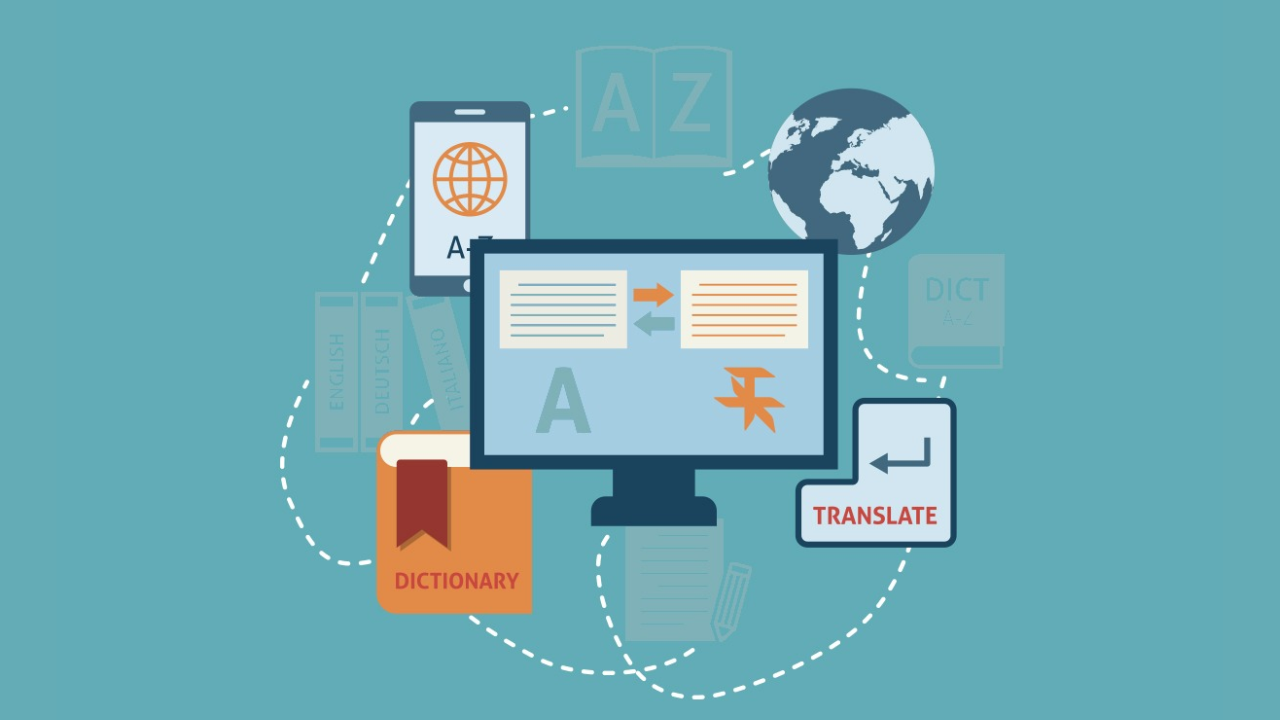
10 Steps to Becoming a Professional Translator
Becoming a professional translator is a prosperous career path that requires a mix of language proficiency, cultural knowledge, and translation skills. There are measures you may take to become a successful professional translator, whether you wish to work as a freelance translator or for a translation firm. Here are 10 steps to follow if you want to become a professional translator:
Learn the language pair
Knowing at least two languages is the first step toward becoming a professional translator. You should comprehend your target language at a native level and be able to read, write, and talk fluently in both the source and target languages. Choose a language pair with which you are familiar and have a thorough understanding of the culture and practices associated with that language.
Earn a degree in translation
A translation degree will provide you with the skills and information required to operate as a professional translator. Many colleges offer undergraduate and graduate degrees in translation studies, as well as translation certificates. A translation degree will also help you build a network of professional contacts in the translation sector.
Get translation experience
In order to become a professional translator, you need to gain practical experience in many different kinds of texts. By volunteering to interpret documents for nonprofits, text for friends and family, or taking on freelancing work, you can build experience. This will assist you in expanding your portfolio and improving your translation abilities.
Specializing in a certain field
Many professional translators have a specific field of expertise, such as literary, technical, legal, or medical translation. You can increase your subject matter knowledge and become an authority in a specific area of translation by specializing in that field.
Develop translation skills
Professional translators must possess strong translation abilities, which include the capacity for accurate, quick, and idiomatic translation. Practice, reading, attending workshops and conferences on translation, and also working with experienced translators are all ways to improve your translation skills.
Invest in translation tools
You may increase your productivity and efficiency as a translator by using translation software. Software for translation is widely accessible and includes SDL Trados, MemoQ, and Wordfast. You may streamline translation workflows and provide clients with high-quality translations by investing in translation software.
Maintain your skill improvement
You must continually improve your abilities and knowledge to be competitive as a professional translation. This requires staying current with market developments, going to conferences and seminars for translators, and enrolling in courses in translation and related fields.
In conclusion, acquiring the necessary language skills, cultural understanding, and translation abilities is necessary to become a professional translator. You can acquire the abilities and information required to work as a competent professional translator by following these 10 steps. To become the professional translator you can be, never lose sight of your goals, never lose enthusiasm, and never stop practicing your skills.
Want to be a translator? Join Digital-Trans Asia now! Click here for more information